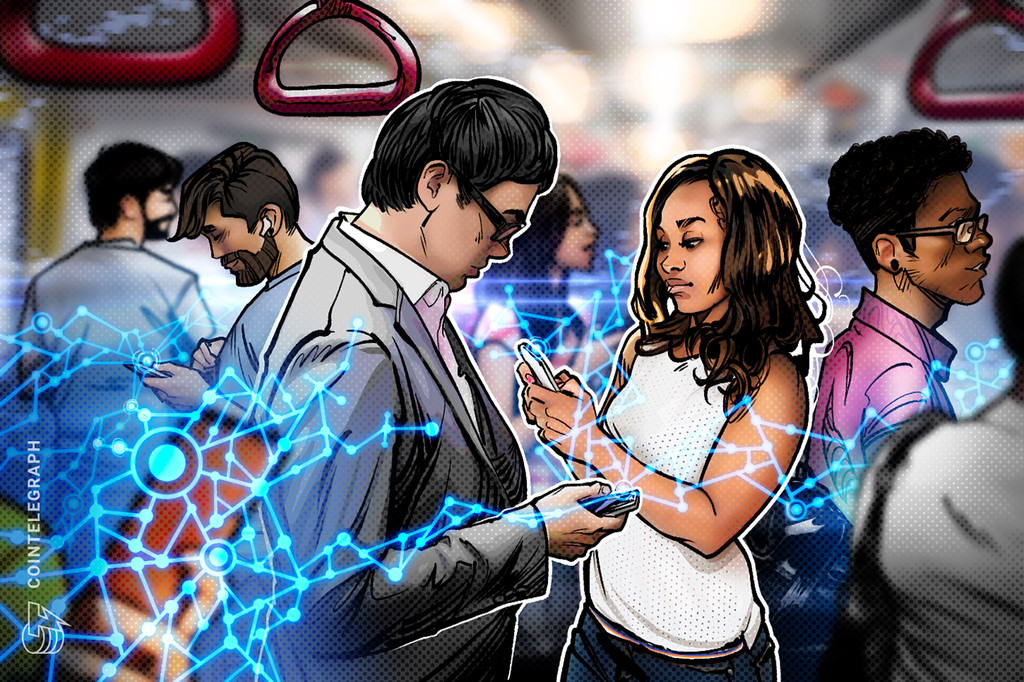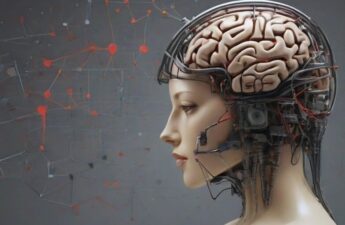A social network is a platform or service that enables users to set up either fully or partially public profiles, share content and connect with other users based on common interests, life experiences, or personal connections.
Since its emergence in the mid-1990s, social media has become an important and undoubtedly integral part of people’s everyday lives, covering half of the world’s population. The rise of social media is not surprising since social networks as a phenomenon have many benefits and catching features.
First and foremost, social media can connect friends, families and communities, no matter the distance, providing an opportunity for real-time correspondence. Second, they make it easier to exchange information and ideas, facilitating communication and other forms of expression. Social networks offer entertainment through online content and enable the creation of communities around shared interests.
Lastly, social media may be a tool to boost businesses, allowing them to reach a wider audience and build a stronger online presence. In the 21st century, social networking is a significant opportunity for marketers seeking to attract, engage and acquire customers.
The current state of social networks in Web2, the web we know today, is complex and controversial. On the one hand, they play a significant role in shaping public opinion, driving political discourse and connecting people worldwide; on the other hand, social media faces increasing challenges, such as privacy concerns. For instance, it is widely known that centralized social networks earn money by selling consumer data. The public is becoming increasingly aware of the risks associated with personal and sensitive information sharing on social networks and requires greater confidentiality and control over their data.
Social media space monopolization is another hot issue. A few dominant companies, such as Facebook, Twitter and YouTube, control a large portion of the social media market and users’ data. As a result, they face growing criticism of their power and influence.
Censorship, the suppression of speech, public communication, or other information, is also challenging. Governments in countries like China and North Korea, along with major Web2 social networks, can censor content or ban any account on the platforms.
Also, social media platforms are a constant subject of increased regulation. Governments worldwide enhance their regulatory supervision of social media in response to concerns about data confidentiality, election interference, spreading fake news and harmful, misleading content.
On top of that, social media’s advertising-driven and data-collection business model is under scrutiny as concerns about data privacy and the spread of misinformation continue to grow.
Source: https://cointelegraph.com/explained/what-are-decentralized-social-networks



